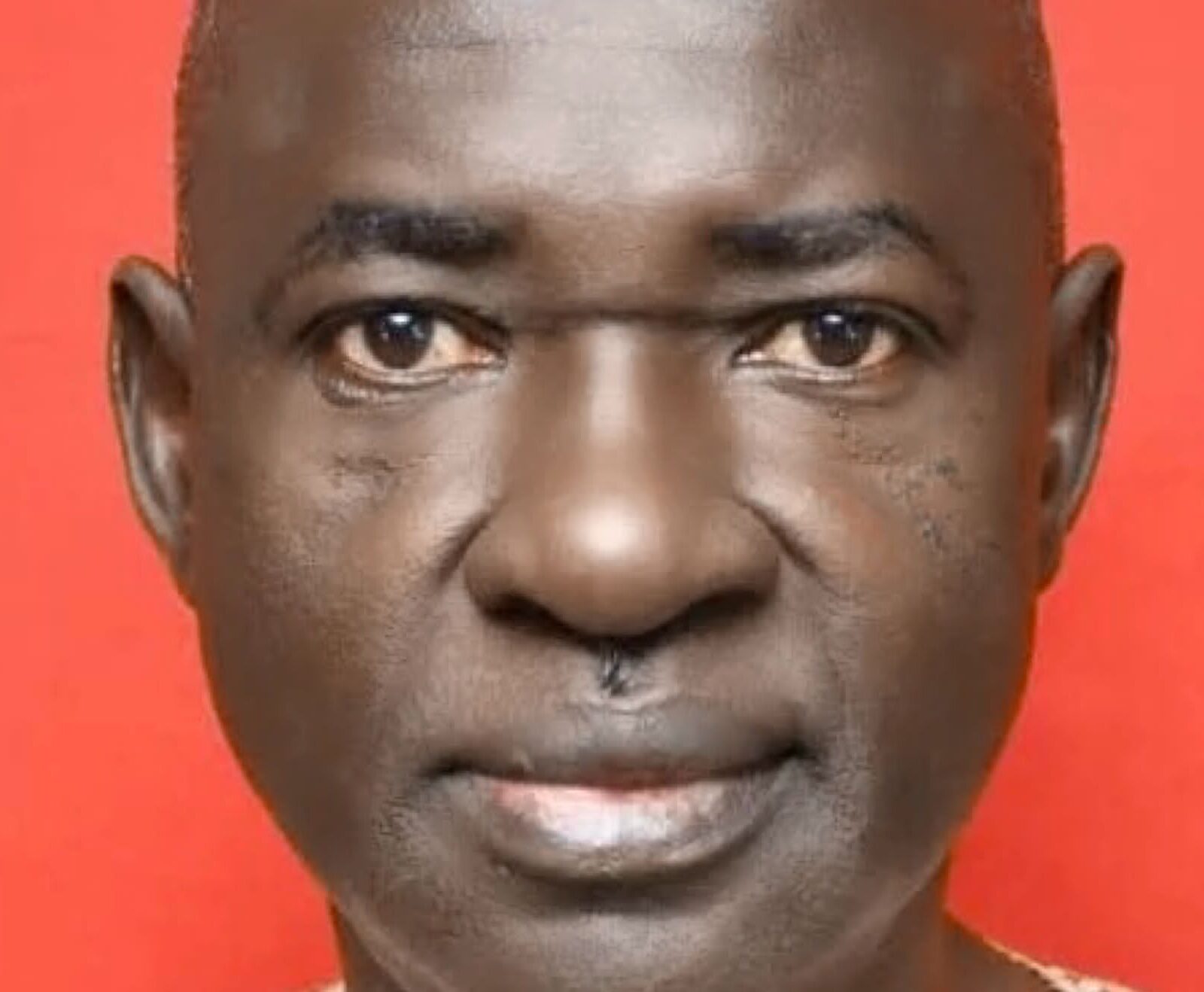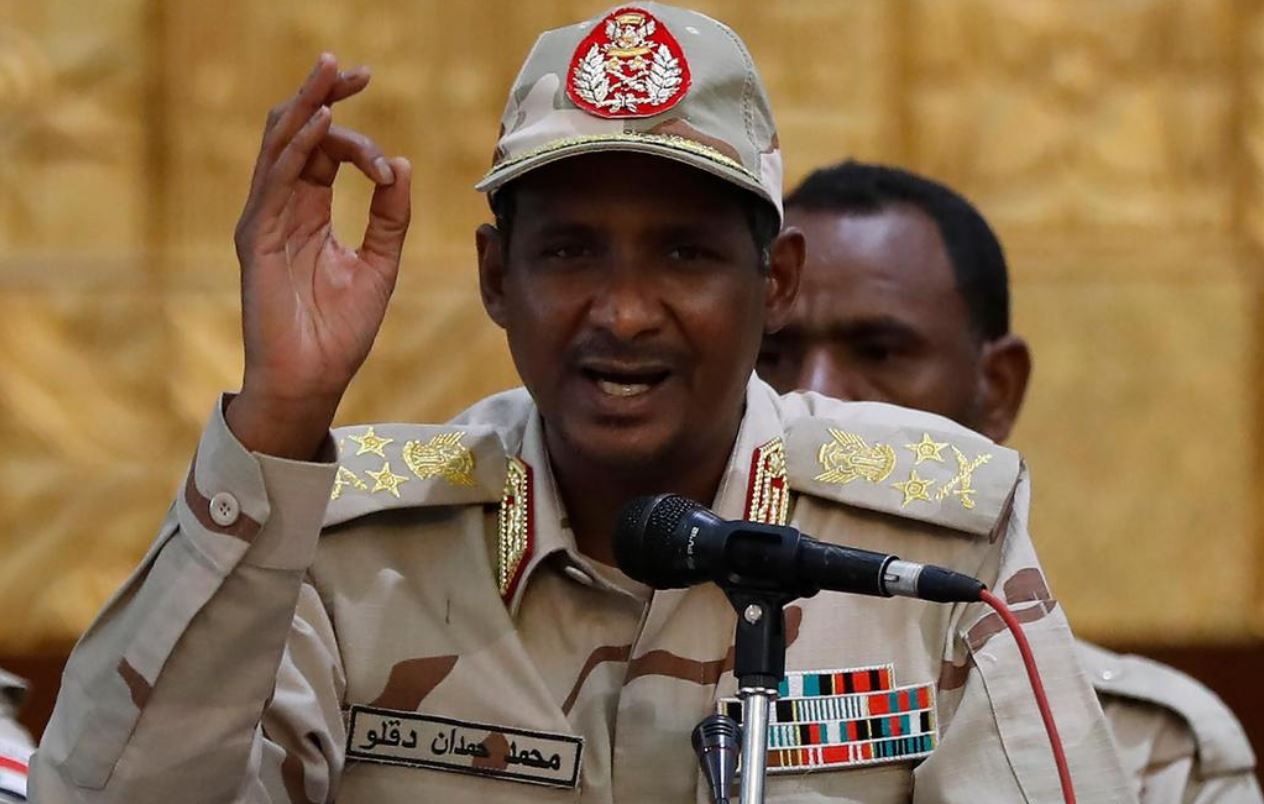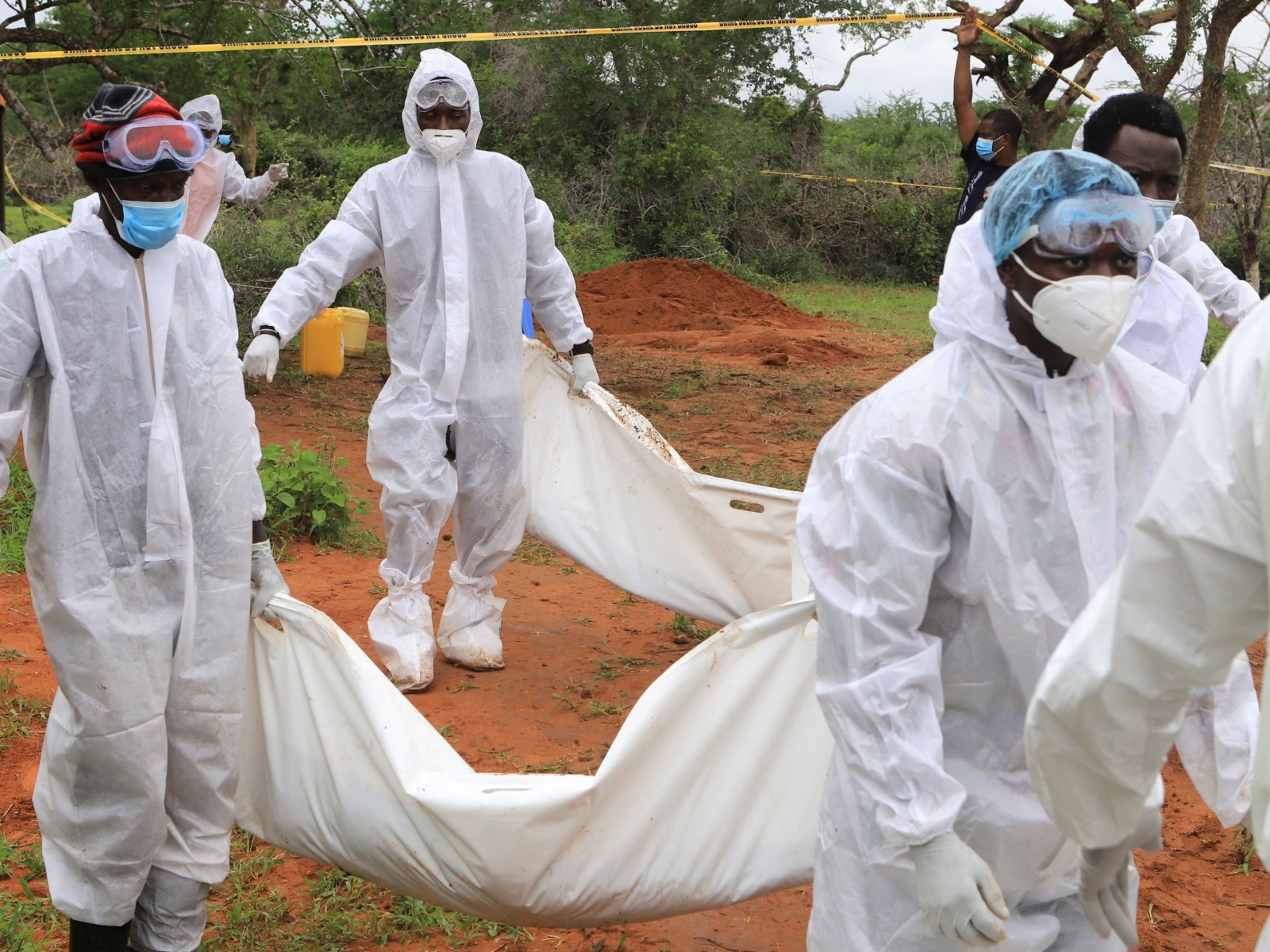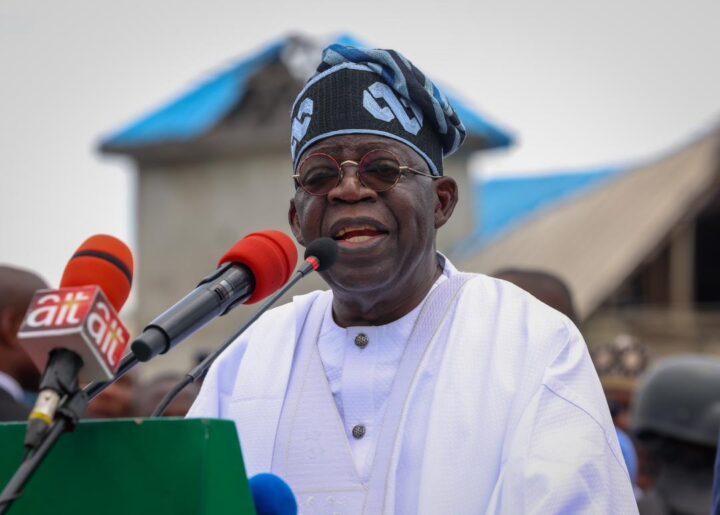Dagalo
“I’ve been standing in this line since 3:30am and I have yet to get my hands on a loaf of bread. God is my witness; my children had no breakfast and no lunch until now and dinnertime is around the corner. I say to al-Burhan and to Hemedti, we shall meet on the Day of Judgement; I implore you to have the fear of God in [how you are treating] the Sudanese people,” a traumatised southern Khartoum resident told Al Jazeera last Monday. That lamentation wasn’t by any means solitary. It’s, sadly, an unwritten anthem of the despondent, the damaged, and the dying. Even by the standards of the Sudanese who are no strangers to chaos and bloodshed, existence in Sudan is grinding rapidly to a non-life.
The manifestations of some of the worst evils known to man going on at the moment haven’t come to most followers of that country’s political history as a surprise. To many, they had been foretold. On April 15, the two main factions of the military, namely the Sudan Armed Forces (SAF) and the paramilitary squad called the Rapid Support Forces (RSF), under the respective leadership of General Abdel Fattah al-Burhan and General Mohamed Hamdan Dagalo, alias Hemedti, began fighting, initially to take control of key military installations. The shock to the outside world, if any, was occasioned by the fact that both parties were in fact partners, co-travellers in the adventurism that has come to describe the quest for political power in Sudan. The former dictator, Omar al-Bashir, who had established separate military formations as a strategy for his rulership elongation fell victim to the collaborative efforts of SAF and RSF which were also energised by the popular uprising that engulfed most parts of the country in 2018 and 2019. Now, those friends have turned bitter foes, are in the process of bringing down the fragile house,and are blocking the chances of any quick truce and recovery.
Some memories of Darfur. In the heat of the bloody crisis there nearly two decades ago, the THISDAY Editorial Board, like many other media platforms around the world, deliberated on the issue regularly. Its details, including the murderous activities of the Janjaweed established by el-Bashir, brought me to mental and emotional lows. I simply couldn’t come to terms with the high levels of cruelty being inflicted on those overwhelmed minorities. Iexperienced a personal euphoria the day that seemingly invincible despot of Khartoumwas disgraced out of his palace. Yes, it took many more years of oppression and viciousness but his end in the saddle did come. I enjoyed the compensation thoroughly.
For some time, the atrocities in Darfur had remained largely unknown to a world that had other things to care about, until some catalysts showed up. Notable among them was the marking of the 10th anniversary of the Rwandan genocide in 2004. The international community was trying hard to exorcise the demons of that heinous chain of events in modern history, having been rightly accused of complacency and outright complicity. It thought, even if reluctantly, that the carnage in western Sudan, if prolonged, would be an unbearable addition. The media then dug in harder and the world knew at once that it was indeed faced with the possibility of yet another Rwanda. About the same time, Khartoum was struggling with a growing image of being a pariah, rogue and terrorist state, and a major sponsor of the worsening security situation in the south. This disturbing ‘basket’ case in the north-eastern part of Africa could simply not be ignored.
Advertisement
Curiously, Abdelwahab el-Affendi, Professor of Politics at Doha Institute of Graduate Studies, wrote an article titled, “The Darfur Conflict Revisited: Lessons Unlearned” on February 26 this year, less than two months before the current hostilities commenced. His intervention turned out to be a warning against a bigger looming catastrophe, though unacknowledged as such. His physical contact with the Sudan question dates back to 1988. El-Affendi’s narration and analysis can be instrumental to a proper understanding of a problem that could substantially alter the prospects for peace in the entire subregion.His piece reads in part:“I heard claims of dreadful atrocities, even attempts at extermination, particularly from representatives of the Fur ethnicity. It took me some time to figure out what was going on: an unprecedentedly brutal ‘ethnic’ war was in full swing, pitting a bizarre ‘Arab’ coalition of tribes against the Fur, a Nilo-Saharan ethnic group that gave the region its name (Darfur, the land of the Fur). While tribal conflicts had been a perennial feature of this region, they had been usually localised and brief, with limited casualties.
“That one was different; unlocking its complexities is key to fathoming the continuing crisis in Darfur, which erupted 20 years ago. Despite being one of the most discussed, studied, and mediatised tragedies in recent history, many of the puzzles surrounding this crisis remain unsolved: its unusual level of brutality and rapid escalation, extremely high human cost, and its instant ‘spectacularisation’.
“The roots of the conflict in Darfur have both regional and local dimensions. The region borders Libya and Chad to the west, which has had a destabilising effect on it. In 1965, the Chadian Civil War erupted, as various groups in the sparsely populated country rebelled against the government. Most of the factions fighting in the conflict were based in Darfur and many Sudan-based ‘Arab’ tribes got involved.The situation became even more complicated in the 1970s when Libya under Muammar Gaddafi started backing some rebel groups and Egypt and the US lent support to the government. This only increased the influx of sophisticated weapons into the region.”
Advertisement
The speed at which various countries are moving out their citizens from the ravaged nation points to the fact that hopes for concerted international action may be receding fast. Allegations of the involvement of powerful nations like the United States and Russia can only further fuel the fears of having a protracted warfare. Hundreds of people have died. Thousands have been wounded. And tens of thousands have continued to flee the country. Unfortunately, much of Sudan’s neighbourhood is already characterised by instability, deprivation and absence of real governance.
A couple of years ago, a television reporter asked me what I thought about the relentless protests in the streets of some Arab countries in comparison to Nigeria. I didn’t hesitate to tell her that, generally, Nigerians were not Arabs; that both sets of people were different in orientation, approach to issues and attitude to life. I tried to choose my words carefully to avoid stripping my own compatriots whatever was left of their capacity to fight cohesively and steadfastly for a long period, no matter the gravity of the cause. Even though Sudan is in a far worse condition than Nigeria at present, I still stand by those words.
There’re things we must learn from this misery, however. The Sudanese military has confirmed, yet again, that soldiers have no active, direct place in government. The sensible answer to a bad democratic administration is to replace it with a good one. Achieving that may be uphill but there’s no better alternative to it. Nigerians too should rethink the effects of over-romanticising the parting of ways of the component parts of the federation. Since the mainly Arab Muslim mainland Sudan bid farewell to the mostly Christian and Animist South Sudan in 2011, neither side has known the much-anticipated socio-political equilibrium. We mustn’t fall for divisive tendencies, many of which are exaggerated and promoted by self-serving political journeypersons. Hate speeches, ethnic profiling, religious bigotry and the deliberate suppression of the people’s will must be tackled frontally. Nigeria has had enough cataclysmic upheavals.
Ekpe, PhD, is a member of THISDAY Editorial Board.
Advertisement
Views expressed by contributors are strictly personal and not of TheCable.







